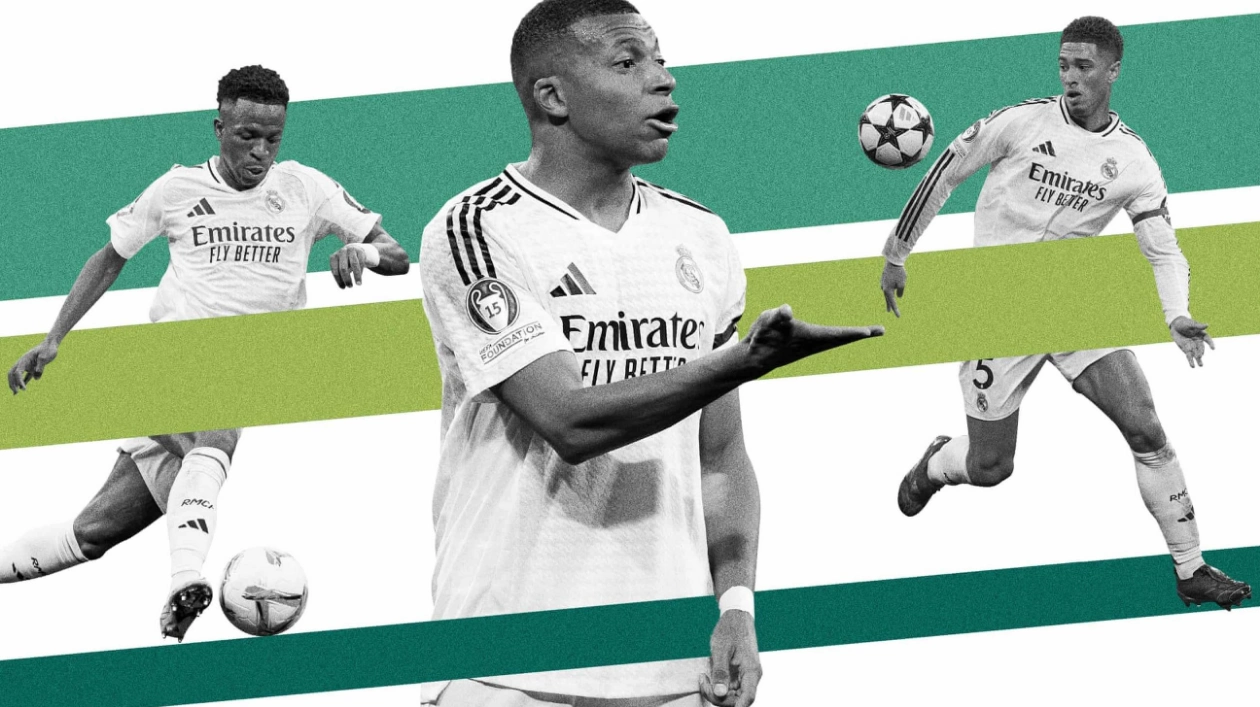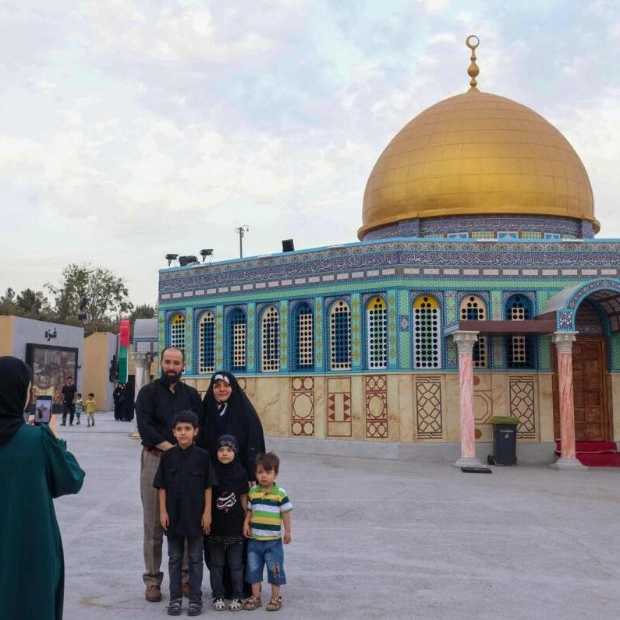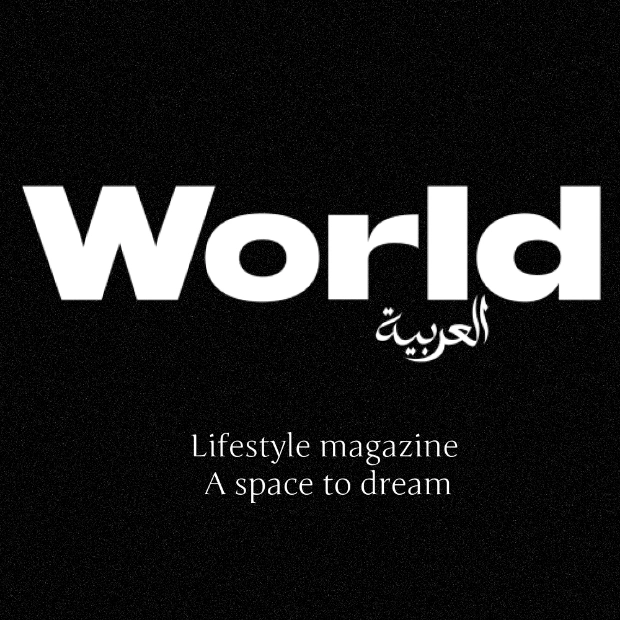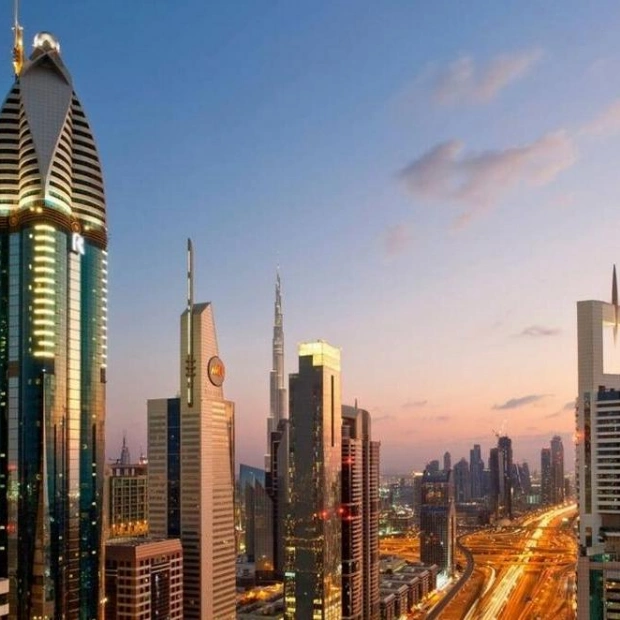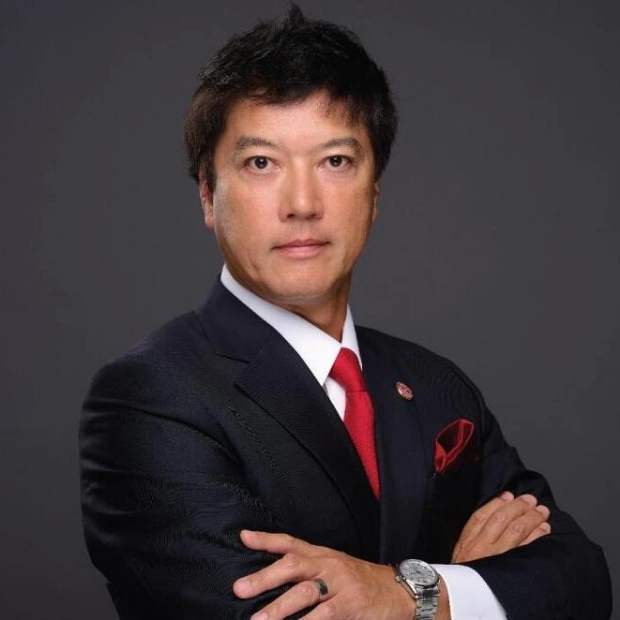People often argue that clubs don't have a unique identity, given the constant turnover of managers, players, directors, and staff. So, how can a club maintain its distinctiveness? How can Spurs be 'Spursy'? How can Bayern have 'Dusel'? Why does Ajax continue to emphasize playing the game correctly? These questions often seem illogical. Is it a mood passed from fans? A culture inherited from player to player, director to director? Or something in the air around the stadium? Occasionally, the reasons become clear. Real Madrid behaves like Real Madrid because, for all but three years since 2000, Florentino Pérez has been the club's president. Pérez has a penchant for acquiring famous, expensive footballers.
Post-Covid, as European football faced financial constraints, Madrid appeared to change its approach. The club made several astute signings, acquiring rising stars like Aurélien Tchouaméni, Eduardo Camavinga, and Jude Bellingham. These players, though not cheap, were not the traditional galácticos. They still had room for growth and, together with Vinícius Júnior, Rodrygo, and Fede Valverde, seemed to be developing a cohesive style. Pérez then added Kylian Mbappé to this mix, reminiscent of the summer of 2003 when he signed David Beckham but sold Claude Makélélé, upsetting the team's balance.
Madrid's boycott of the Ballon d'Or ceremony this year, after it became clear Vinícius wouldn't win, raises questions. If they were so outraged that Rodri was preferred over Vinícius, why sign a player with similar characteristics and position for a massive fee? Vinícius thrives on the left, possesses great pace, skill, and imagination, and is an exceptional finisher—much like Mbappé.
Last season, the forward line's balance was perfect. Bellingham played centrally but dropped deep, creating space for Vinícius and Rodrygo to exploit. Adding Mbappé disrupted this harmony. Bellingham scored 19 times in 28 league matches last season but has only scored once this season as he's been forced to play deeper. Rodrygo has been sidelined, partly due to his lack of fame, while Mbappé, despite scoring six league goals, has appeared frustrated. Madrid has lost ground to Barcelona in La Liga and had a mediocre start in the Champions League.
Mbappé is undeniably gifted, technically exceptional and incredibly fast. His performance against Argentina in the 2018 World Cup was electrifying. At 19, he seemed remarkably mature, with limitless potential. However, his time at Paris Saint-Germain, where he faced little challenge and wielded significant influence, may have hindered his development. In that environment, he could do as he pleased, often being involved only fleetingly in big games. A similar pattern emerged with France in the 2022 World Cup, where he was moved from his preferred left flank due to his reluctance to track the opposing right-back.
Mbappé is currently out of the France squad, going through a challenging period, both physically and psychologically. The break might benefit him; the relentless nature of the calendar demands rest. He's scored only once in his last eight games and struggled against Barcelona's high line in the Clásico, being caught offside eight times. The concern is that his time in Paris, where he faced minimal challenges, has dulled his edge, making it difficult for him to solve on-pitch problems. Hopefully, his skills will return. His case underscores the potential pitfalls for even the most talented players if they choose the wrong club. Given the tactical issues, Real Madrid might not be the right fit for Mbappé either.
Source link: https://www.theguardian.com
